Modern colonial war. Signs and features of Russian colonialism
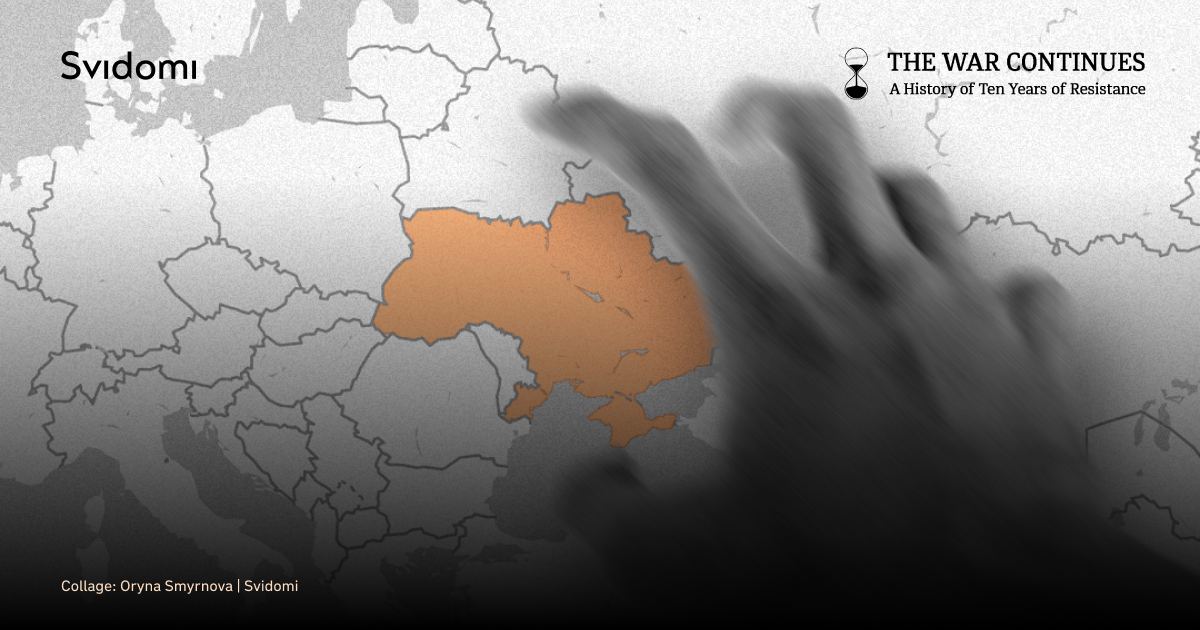
Unlike Western colonialism, where national problems often fell into the category of racial issues and overseas conquests, Russian colonialism relied heavily on national identity and expansionist policies towards neighbouring countries.
In 2024, Ukraine enters the tenth year of the Russian-Ukrainian war and the second year of a full-scale Russian invasion. However, the struggle against Russian colonialism has been going on for centuries and is still ongoing.
Read the article to discover why the current war is colonial, why Russian colonialism is invisible, and how it differs from other empires.
This article was published as part of the special project 'The War Continues: A History of Ten Years of Resistance'.
What is colonialism and what are its characteristics?
It is the practice of subjugating and controlling one people through another, seizing territory and appropriating all available wealth and resources. According to cultural researcher Mariam Naiem, one of the signs of colonialism is continuity: when a society feels that events repeat themselves.
"When we read Taras Shevchenko's words about the Russian Empire, we share a mindset with a person who lived two hundred years ago. This shows that this is a long struggle against one certain evil," says the cultural researcher.
“The essence of imperialism and colonialism is that it is a cross-cutting structural phenomenon, meaning that it manifests itself in all spheres of life. Each empire uses different practices of violence,” explains Mariam Naiem. They depend on the society being colonised.
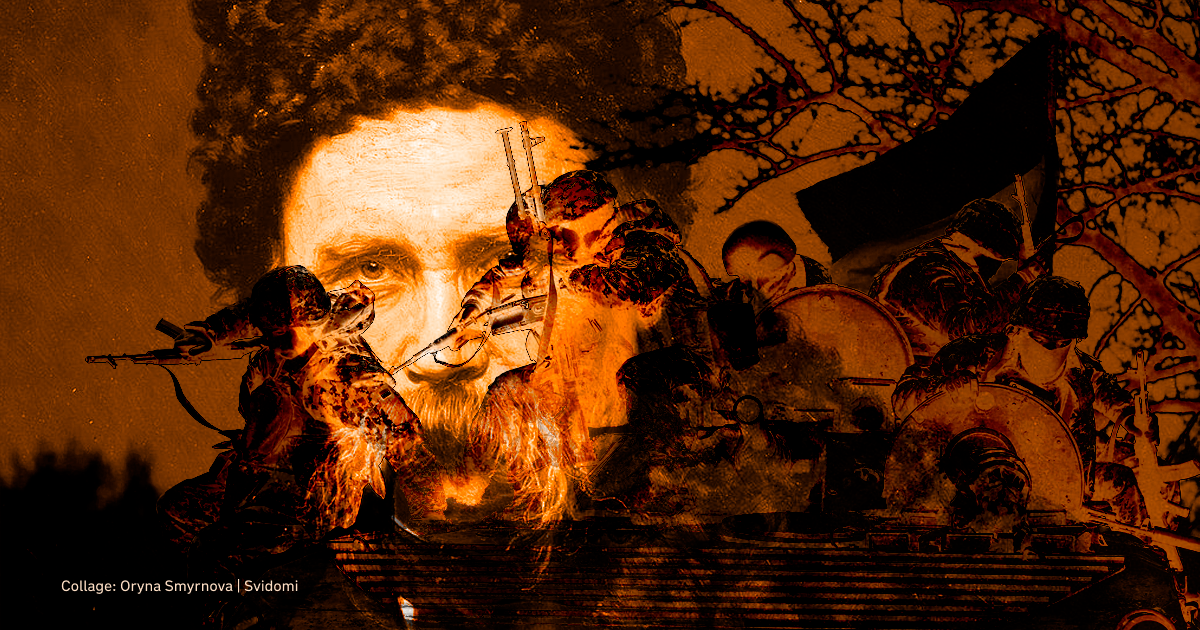
Lack of colonial discourse on Russia
The fact that there is virtually no discourse on Russian imperialism in Western universities, even in postcolonial times, is a testament to Russia's rhetorical success, explains Professor Ewa M. Thompson in her book Troubadours of Empire.
"Central and Eastern Europe, Siberia, Central Asia, and the lands around the Black and Caspian Seas are white spots on the postcolonial world map, and their geography and culture are referred to as 'the Russian Empire', 'the Soviet Union', 'the Soviet bloc', or 'the Russian sphere of influence'," Professor Thompson writes.
Several other factors have tempered the perception of Russia as a colonial power. The first is the location of Russia's colonies. In postcolonial theory, colonies are far from the metropolis, and their conquest requires overseas campaigns. In the case of Russia, the colonies bordered ethnically Russian lands.
Violent transformation of the Russian Empire into the Soviet Union further obscured the colonial nature of the Russian-dominated state. The state's territory was expanded through wars, annexations, and diplomatic manoeuvres that were not significantly different from the overseas ventures of the Western European powers.
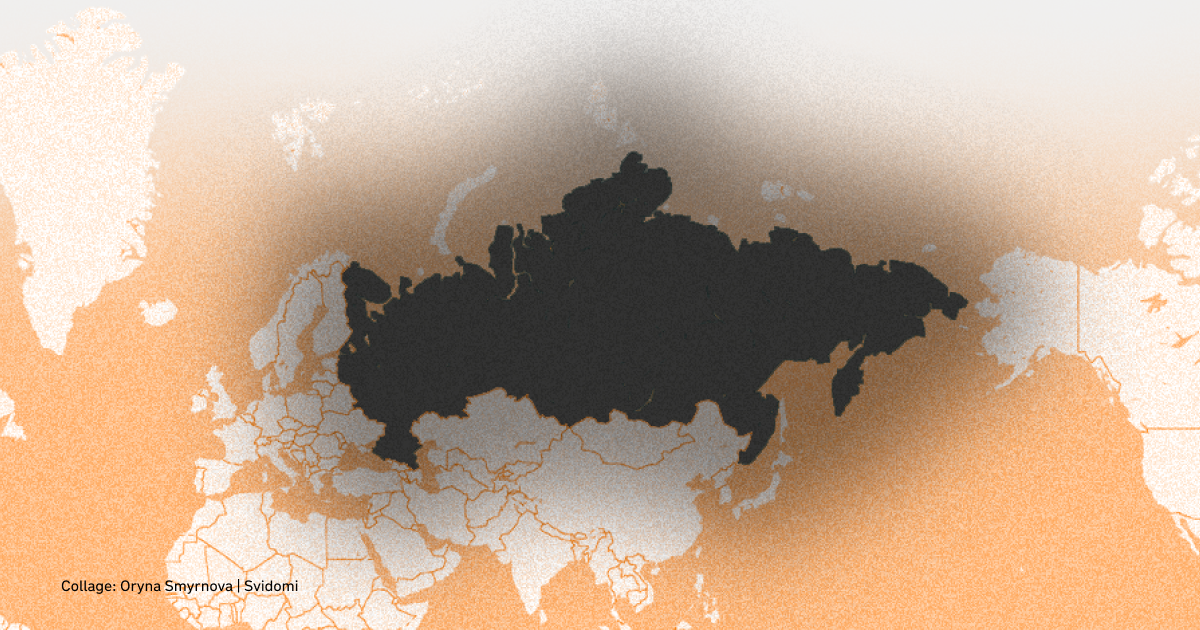
Specifics and differences of Russian colonialism
Ewa Thompson identifies three features of Russian imperialism that made its colonial character 'invisible'. Firstly, the Russians did not have overseas colonies, which was common to Western countries. Russia colonised neighbouring lands in a 'creeping' way, annexing them one by one and creating the impression of an almost 'natural' imperial expansion.
Absence of a clear geographical and often racial boundary between metropolis and colony blurred the colonial, dominantly subordinate nature of the relationship between Ukraine and Russia. Having conquered a particular territory, Russia incorporated it into its state or appointed local authorities that served Russian interests.
Second, blurring the concepts of 'Russia' and 'Russian' deepened the general ambiguity and uncertainty of the perception of relations between the centre and the periphery. When Russia seized new territories, it called them Russian immediately, erasing their identity and past.
"The British did not call India England; the colonies and dominions have their own names, while the name 'United Kingdom' recognises the identity of the former 'internal colonies' of the English crown. In contrast, with the expansion of Moscovia and its successor state, the Russian Empire, territories such as Estonia, Ukraine, or Tatarstan were referred to as 'Russia' despite their demographic and historical realities," explains Ewa Thompson.
Third, unlike Western countries, where metropolitan dominance claims were based on the concentration of power and 'knowledge' in the centres of the empire, Russian colonialism rested primarily on power, coercion and violence.
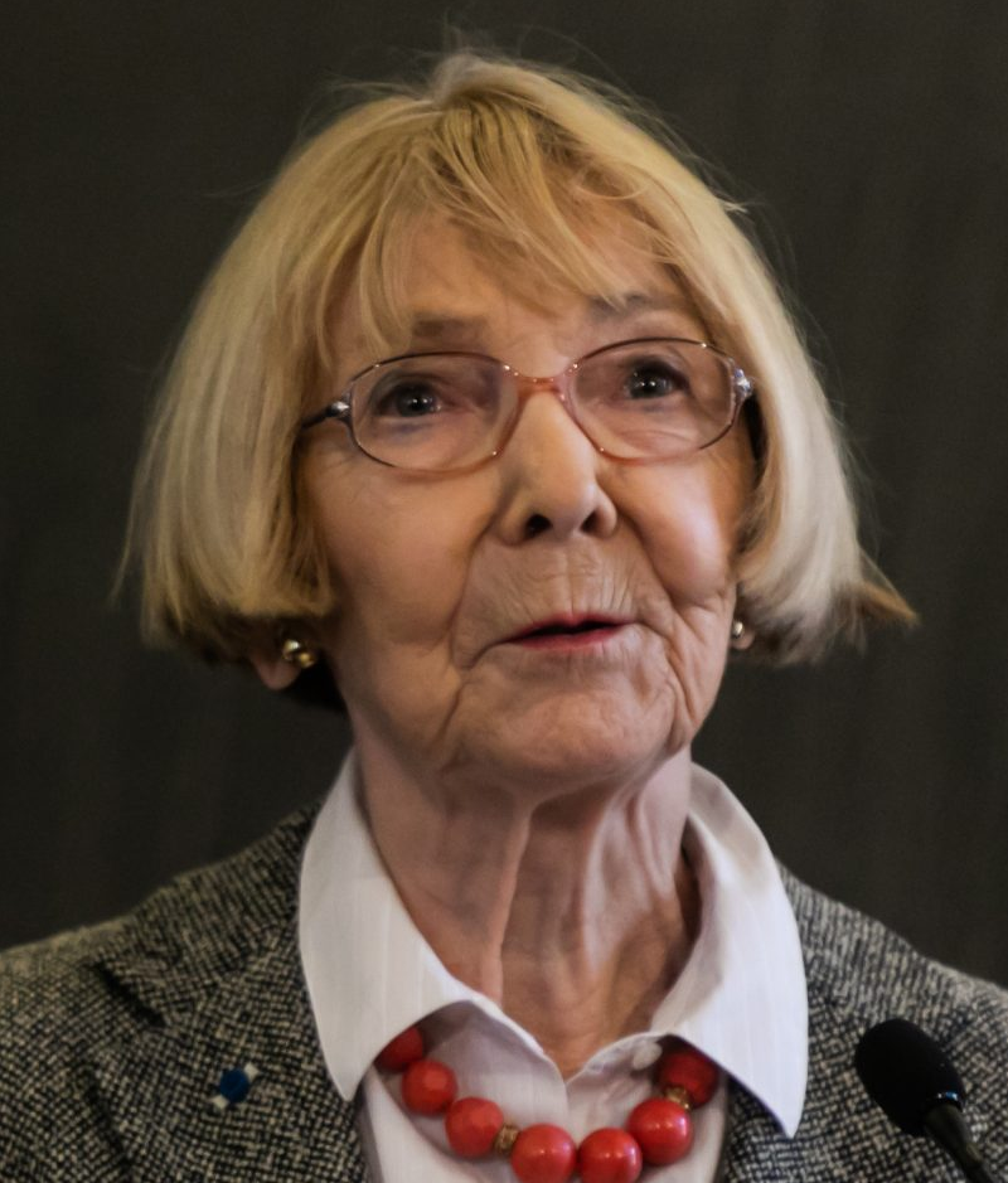
"In Western colonialism, the metropolis accumulated both power and knowledge, and its claim to dominance was based on this. In contrast, Russian colonial rule was usually based on power alone, not on a combination of power and knowledge. The peoples living on the western and south-western frontiers of the Russian Empire considered themselves civilisationally superior to the metropolis. Their psychology as conquered peoples differed from that of the conquered peoples of Britain. Although the Indians may have treated the British as enemies, they recognised their civilisational competence, however reluctantly,"
Ewa Thompson says.
According to the researcher, Russian imperialism is overconfident, nervous of itself, and manipulative in promoting its ideas, unlike Western imperialism. India has retained the British system of democracy, education and the English language. On the other hand, the representatives of the Russian colonies made every effort to remove all traces of Russianness from their countries.
In the European colonial discourse, schools, bridges, governments, philosophies and social structures serve to build the empire's prestige. Much of the above fails to exist in the Russian tradition.
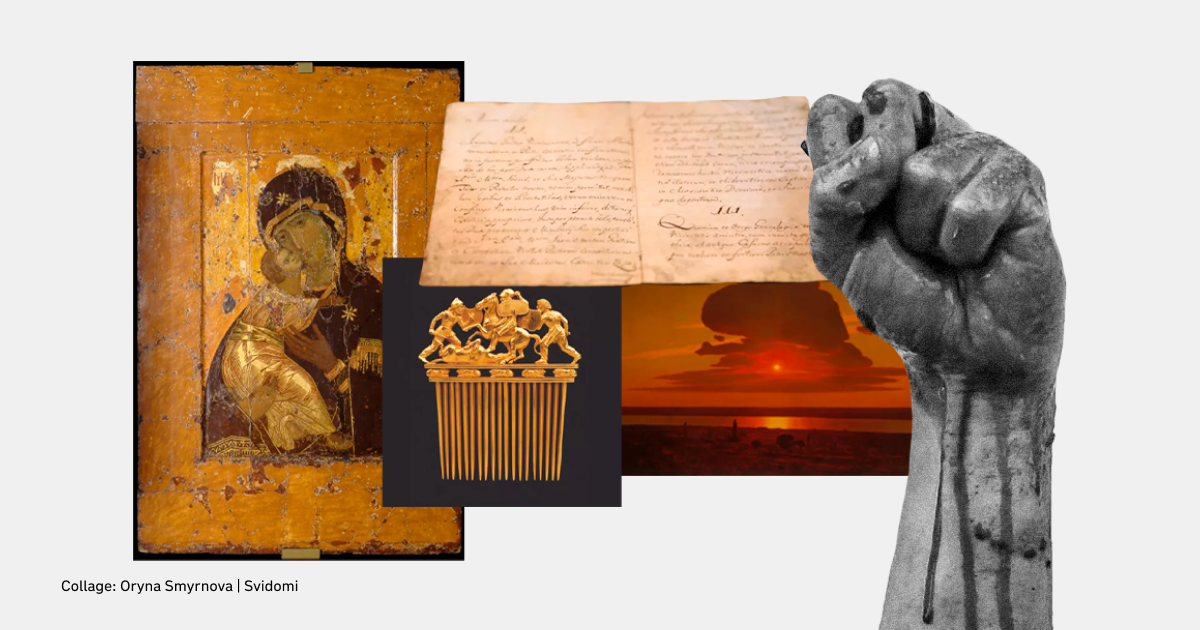
Russia's colonial policy towards Ukraine
The influence of empire is a structural concept that operates in all spheres of life, explains Mariam Naiem. When the Ukrainian territories were part of the Russian Empire, the USSR, and later under the influence of the Russian Federation, most of the Ukrainian space was under Russian influence.
The Russians have always used various forms of repression against their colonies for multiple reasons. But their motivation has always been the same — to use violence against a colonised group, says Naiem.
"Even after losing its colonies in 1989-1991, the Russian Empire did not get rid of its imperial ambitions and imperial nostalgia, and Russian intellectuals never really reconsidered their colonial heritage more or less seriously," researcher Ewa Thompson explains.
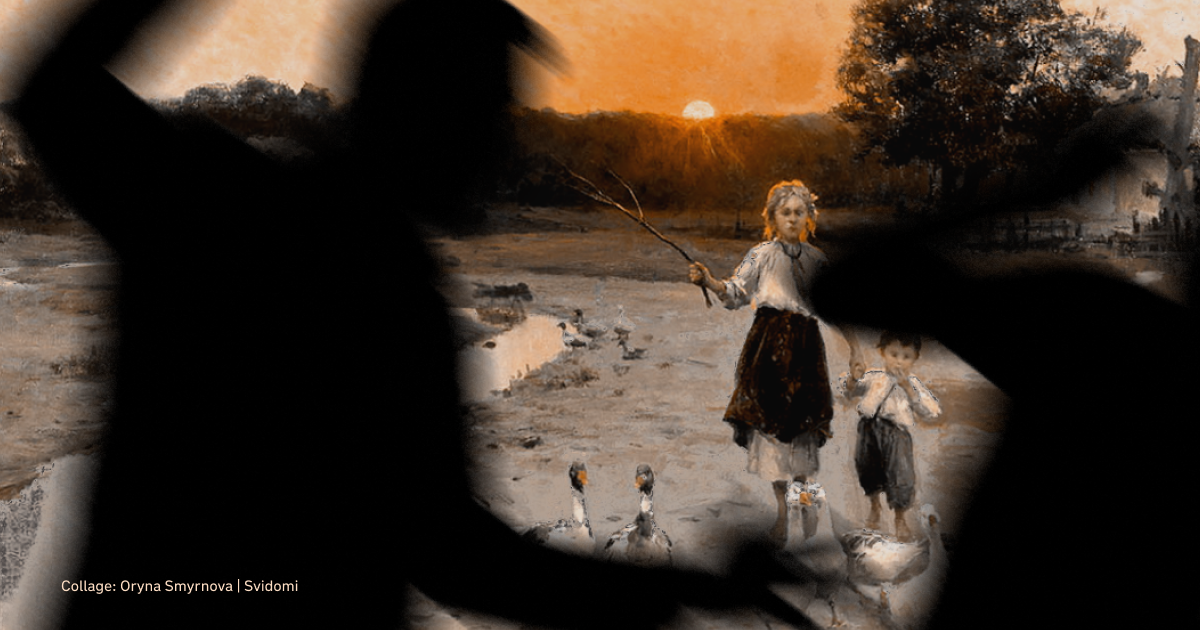
How is Russia trying to colonise Ukraine today?
Historian Leela Gandhi, who is noted for her work in postcolonial theory, says that colonising and imperialist nations are characterised by universalising themselves and outlawing any protest against them (including nationalism). In this way, they activate their modern social structures while claiming that protest is backward, uncivilised and rural.
In 2022, for example, the Russians started calling the Ukrainians neo-Nazis, and Russian propagandists used the term 'denazification'. In this way, Russia is demonstrating its imperial and colonial ambitions.
"When an empire is next to a colony, the first thing the empire does is to destroy identity. So that you can't answer the question "Who is a Ukrainian?" and you don't feel any associations with this word," explains Mariam Naiem.
After regaining its independence in 1991, Ukraine set up its own government and completely separated itself from Russia at the legislative level. But for 32 years, the Russian Federation has de facto promoted Ukrainians' dependence on Russians, especially in the cultural sphere, says cultural critic Mariam Naiem. She calls such relations neo-colonialism (economic policies and ideological activities of the state aimed at maintaining its dominance in colonial and dependent countries through new forms and methods of colonialism — ed.).
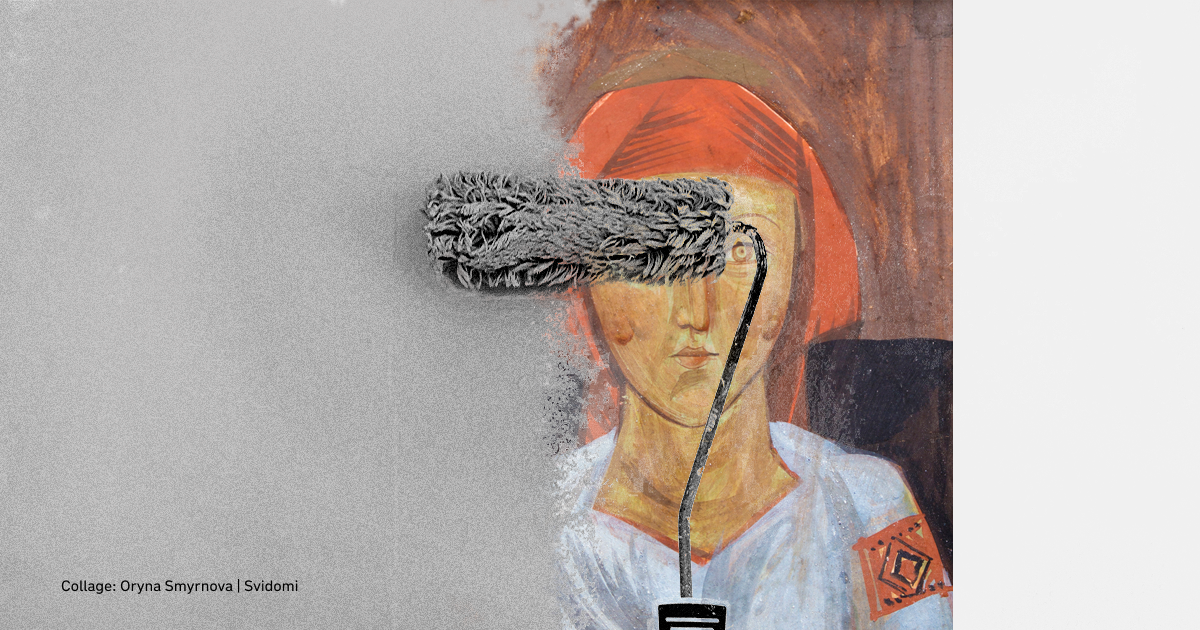
"We seem independent, but some government officials support a certain state (Russia — ed.) and promote imperial narratives. Russian cultural products are still promoted in public and cultural spaces," explains Mariam Naiem.
American historian Timothy Snyder also describes this war as colonial.
"One thing I’m confident about is that this will be seen as a colonial war. There are other ways to characterise it, but it is a colonial war in the sense that Russia meant to conquer, dominate displace, exploit. And it’s an imperial war in the sense that in choosing to fight this war, Russian elites were self-consciously defining themselves as an empire as opposed to a normal state," says Snyder.
Everything Russia does today — from killing people to burning books — is imperialist policy, says cultural critic Mariam Nayem. It is a structural phenomenon that exists in all spheres of society.

"A colonial war is a war between an empire and a colony that wants to regain and maintain its independence. A colonial war is defined by the existence of a colony, an empire, and the desire of the empire to seize new territories,"
says Mariam Naiem.


